Removing Blindness Of The Mind
One day while she was sleeping, he took a long, red cable and began to strangle her. She woke up, she resisted, tried to escape but in vain. She screamed and shouted, but no one came to help in the dead of night. Finally, he killed her.
Twin sisters Chhaya and Chhavi’s grandma recollects. The horrific night of her daughter’s death by strangulation!
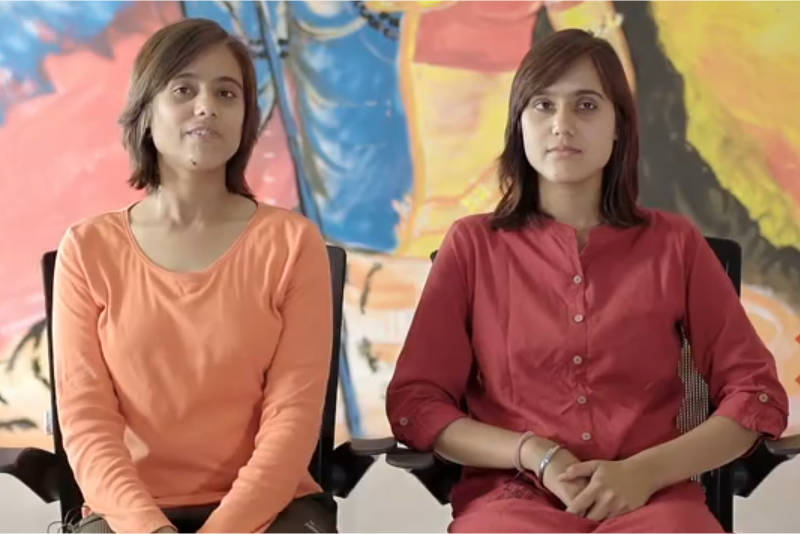
The twins watched their mother die. They began to cry. He threatened to kill them too if they cried, or raised an alarm.
Their grandma shares with much pain.
I don’t remember that part of my childhood. What happened? How it happened. But a few memories come back to me. Sometimes when I am very hurt, I begin to remember and then I weep.
Chhaya tries to recollect the night her father killed her mother.
When I see women being tortured in a movie, I feel helpless that I can’t do anything about it. It brings back a lot of old memories.
Chhavi shares her thoughts on the painful memories of her childhood. Those etched by her torturous father.
Twin sisters Chhaya and Chhavi well understand the destructive realities of gender-based violence. This violence is inherent to conservative patriarchal societies in India, in a place like Bihar where they grew up.
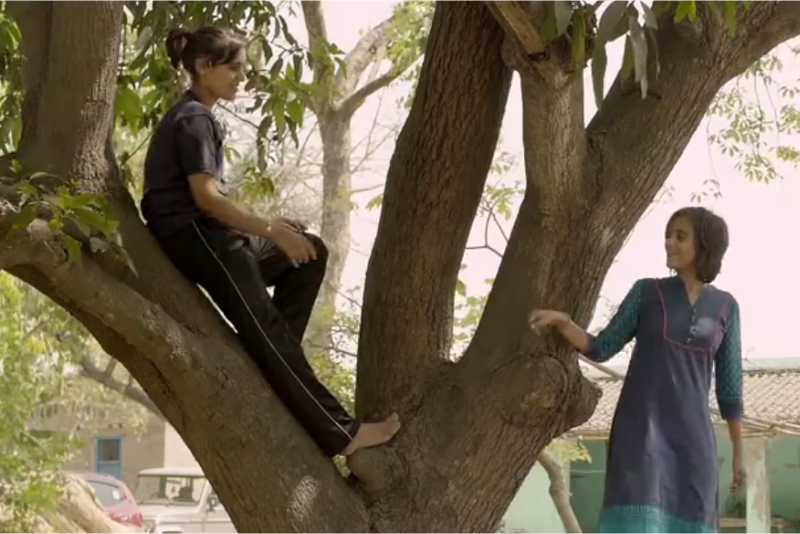
Women/ girls in Bihar face considerable hardship and discrimination. They suffer in terms of right to education and employment. Child marriage, dowry, domestic violence, low female literacy rates are rampant here.
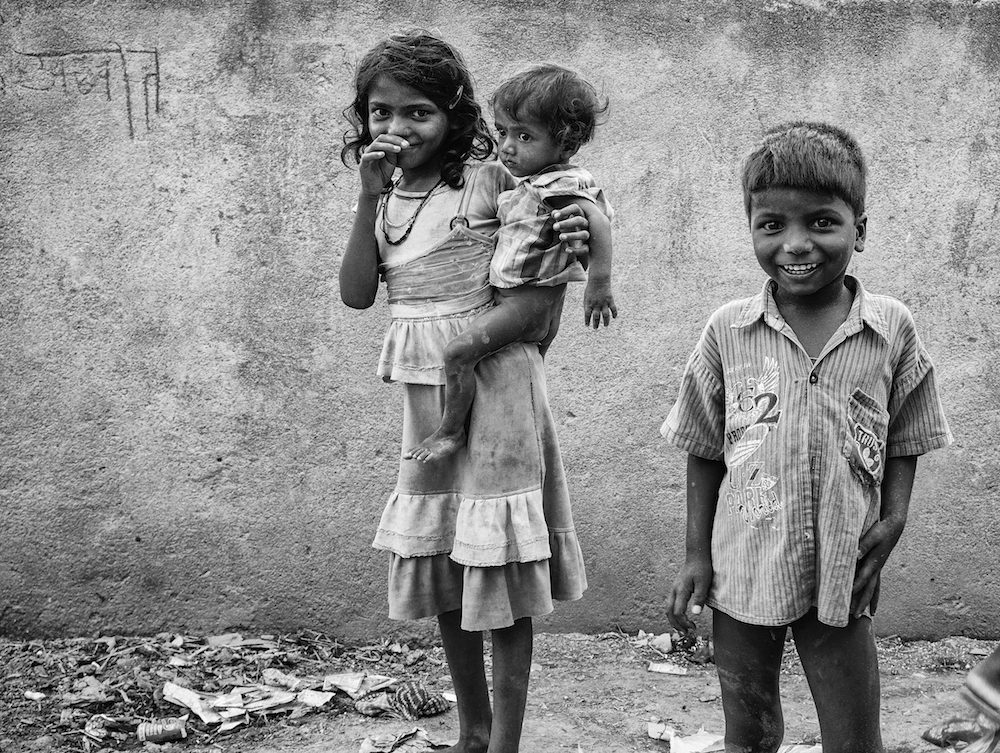
At four years of age, the sisters saw their father strangling their mother to death. He did it because their mother wished to get her daughters educated, which he did not want.
After this their maternal grandma Sunaina Devi took care of them. She fought tooth and nail to keep the twins at school, as their mother would have wished.
She worked very hard to raise us, to educate us.
Chhavi acknowledges her grandmother’s sacrifice.
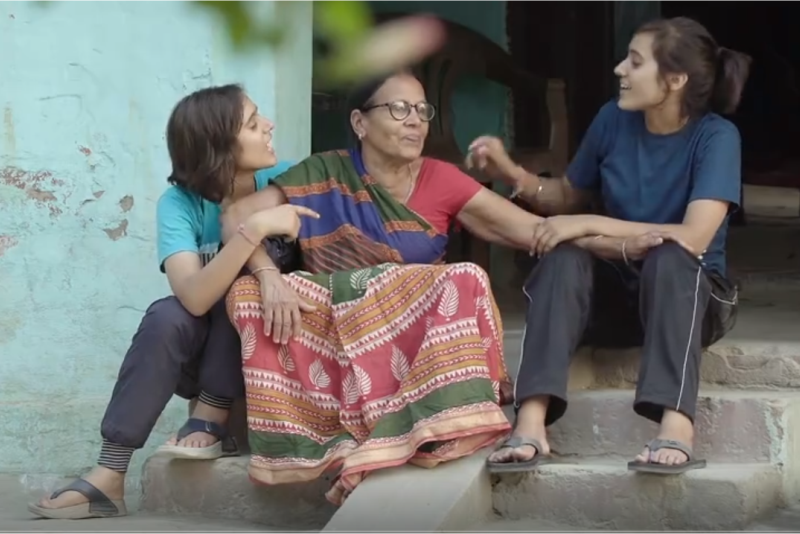
Chhaya adds,
Sometimes we wouldn’t have much food at home. Grandma would stay hungry, but she’d feed us. She stayed awake at night for us. She’d say, ‘You must study… you must study…
I kept sending them to school with whatever I could manage, but my financial condition kept deteriorating. I didn’t know what to do.
Says Sunaina Devi.
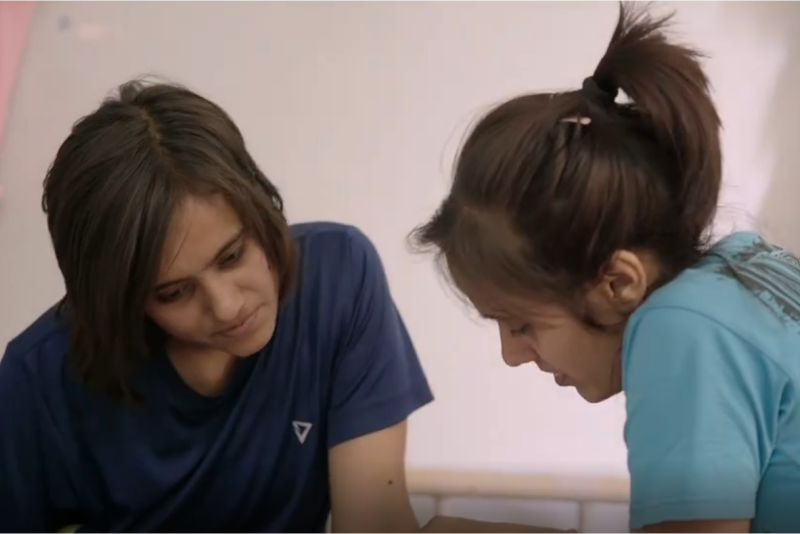
At this juncture in their lives, hope came through Akhand Jyoti. Both the girls enrolled with Akhand Jyoti’s Gender Equality Programme. This initiative seeks to improve the life of a girl child. It offers girls education and career opportunities. This further helps the girls develop into role models and change agents in the local society.


Akhand Jyoti is not merely an eye hospital. It is a platform for affecting bigger societal change.
Says Mritunjay Tiwari, Executive Trustee and Founder, Akhand Jyoti.
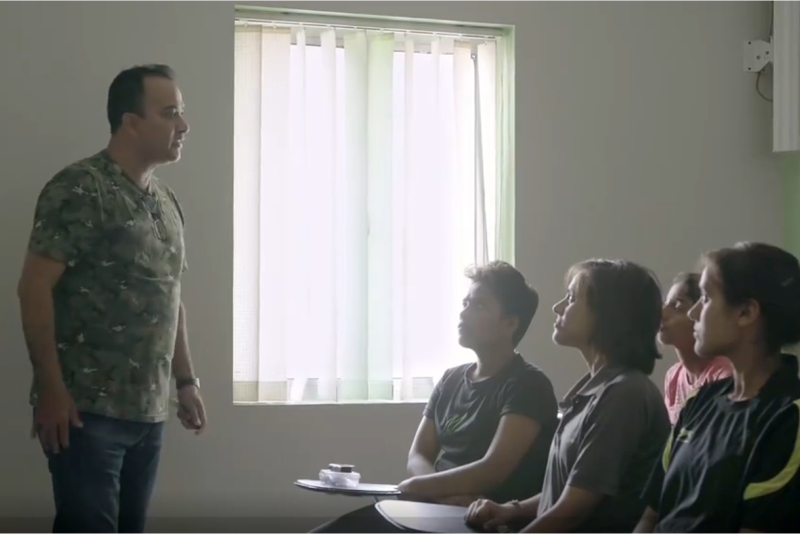
Akhand Jyoti is doing over 65,000 cataract surgeries per year. It is working towards eradicating curable blindness from Bihar and other low-income regions. Further it is changing the lives of girls in rural Bihar. It is doing it by empowering and enabling women to earn an honourable livelihood.

Mritunjay believes that,
in a strong patriarchy like Bihar, you need a strong jolt to the community to let girls have their own way.
He realised that,
It was girls like Chhaya and Chhavi. They were very, very shy, who needed to be in the programme much more.
Both the girls came under the folds of Akhand Jyoti’s ‘Football to Eyeball’ programme. A programme, which helps to bridge the much widening gender divide in a male-dominated society.

Mritunjay thought,
It struck me, can we use football to draw girls out from their homes and then give them an alternative career?
The programme uses football as a medium to show the local society that traditional stereotypes can be overcome for the better. These stereotypes undermine opportunities for (particularly rural) girls.
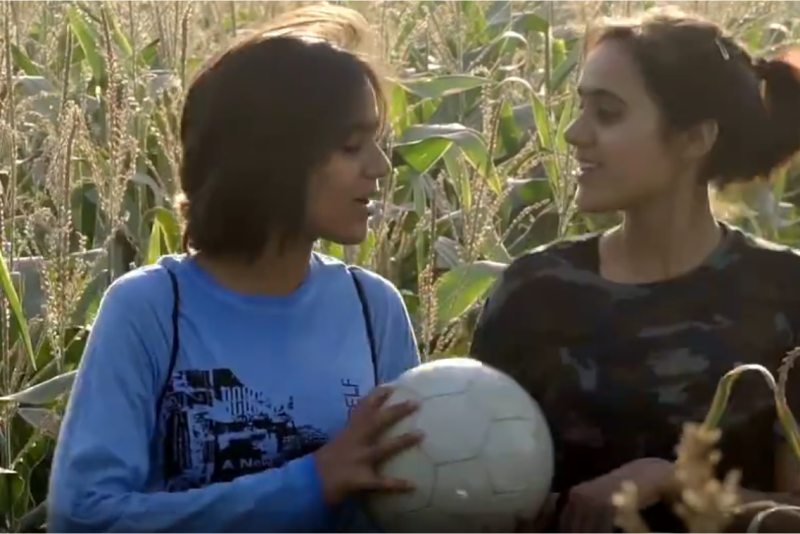
The equation was very simple with the parents. You allow her to play football, agree not to marry her before 21 years old, and we will sponsor the cost of her education, train her to be an optometrist or junior doctor (as referred to colloquially).
This was Mritunjay’s simple plan.
Chhaya and Chhavi, gained much confidence from football. They also excelled in their formal training as optometrists. The girls have completed four years of rigorous training.
Chhaya today is in charge of the paediatric eye care unit at Akhand Jyoti, Mastichak hospital.
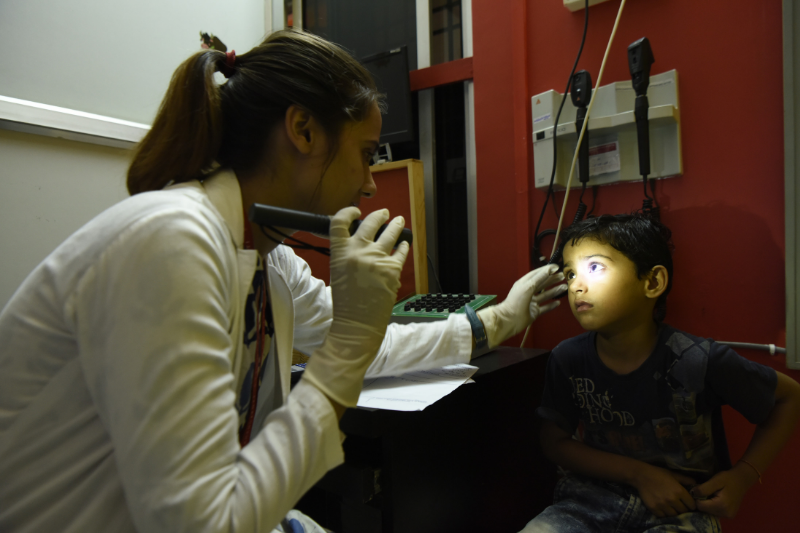
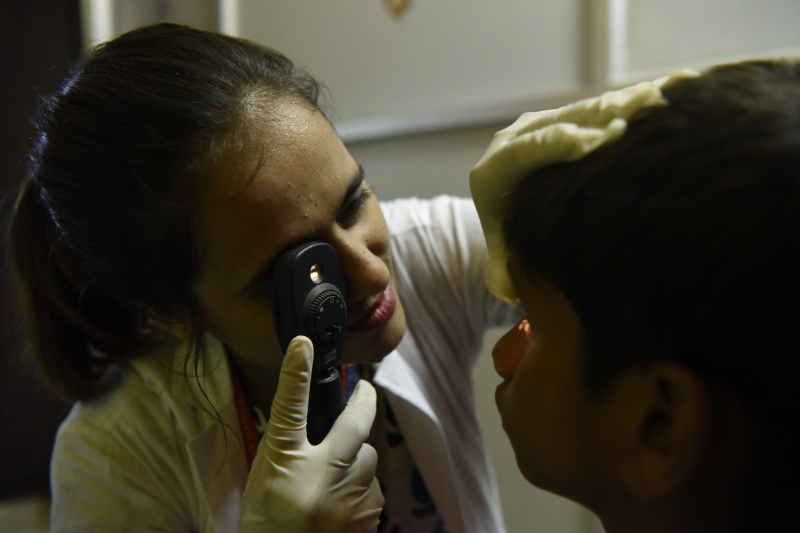
Chhavi, has taken charge of the Akhand Jyoti’s School Screening Programme.
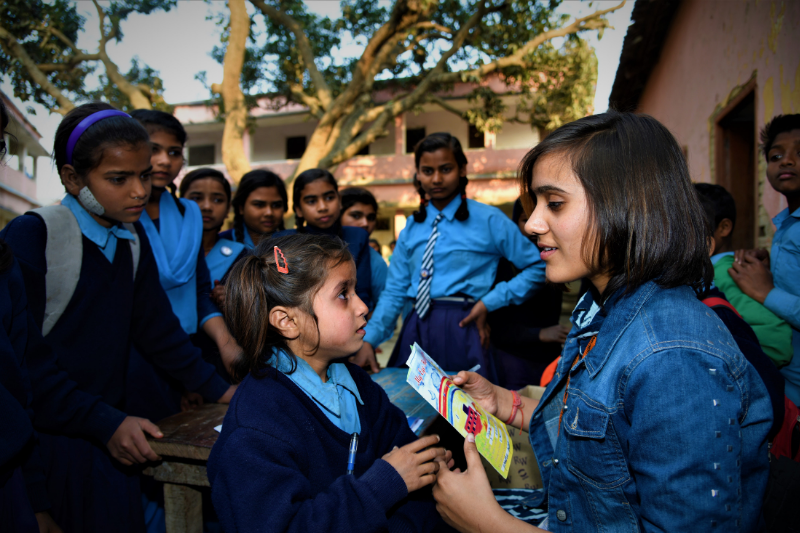
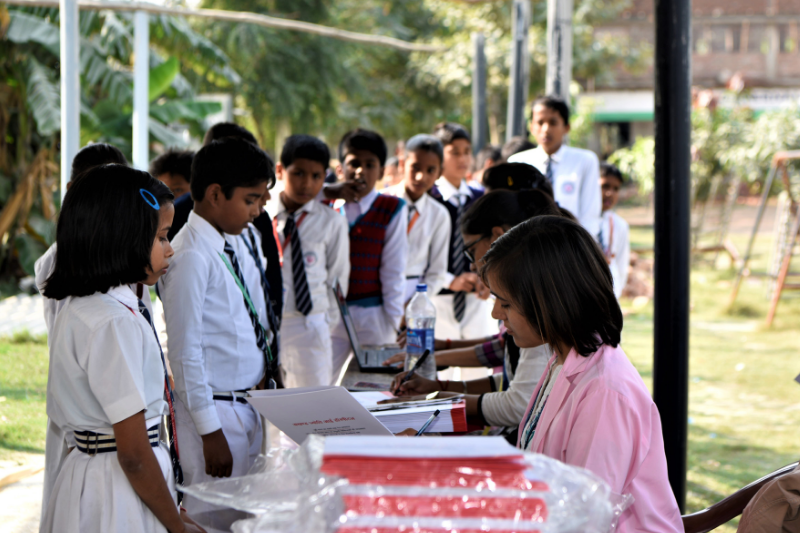
On probing about their future dreams, Chhavi says,
Our biggest mission and vision is to eradicate blindness in Bihar.
Because it’s not just about physical blindness, there’s also blindness in their minds,
chimes Chhaya.
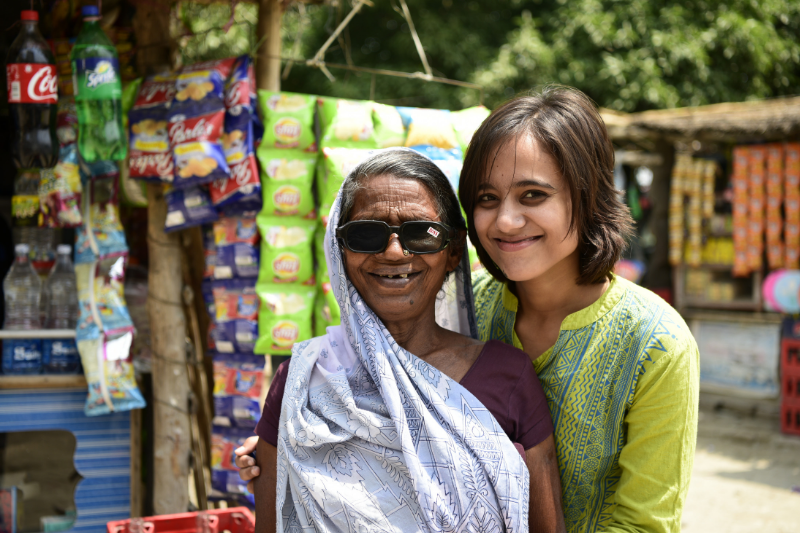
Both the girls have become confident, independent and are earning a respectable living. They are most happy to support their grandma, who inspired them so much and made them what they are today.
Yes, changes will happen, yes, we can become role models, and yes, we can challenge patriarchies,
says Mritunjay.
We believe that eradicating curable blindness will help eliminate ignorance, illiteracy, and poverty. Empowering girls to become societal change agents will further help in reducing mental blindness from within these patriarchal communities.
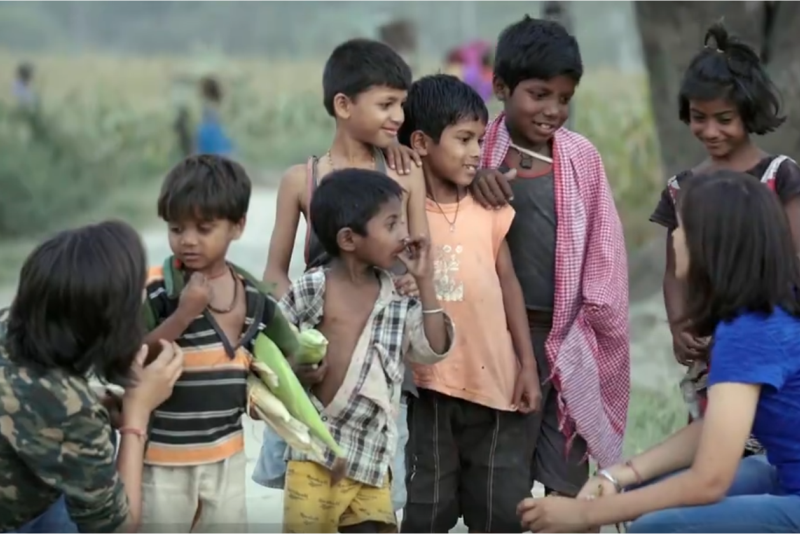
As Mritunjay rightly says,
Even the strongest proponent of patriarchy, his surgery can only be done on the signature and reference of girls like Chhaya and Chhavi.


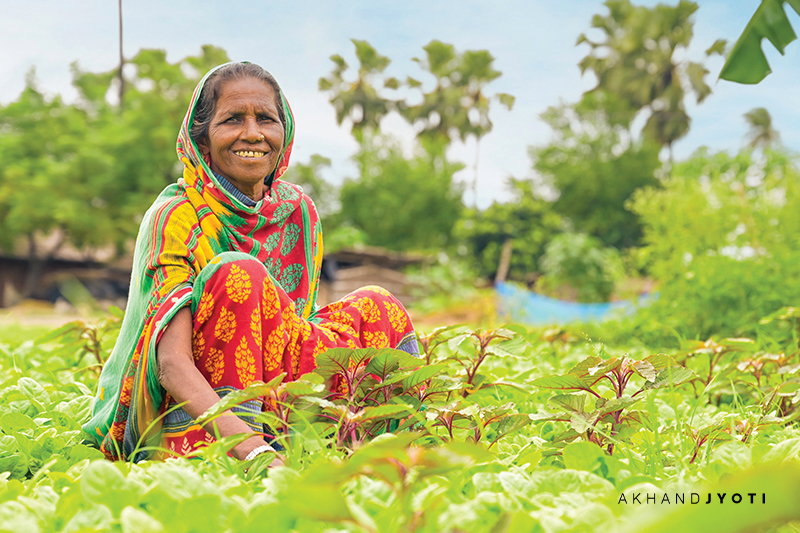
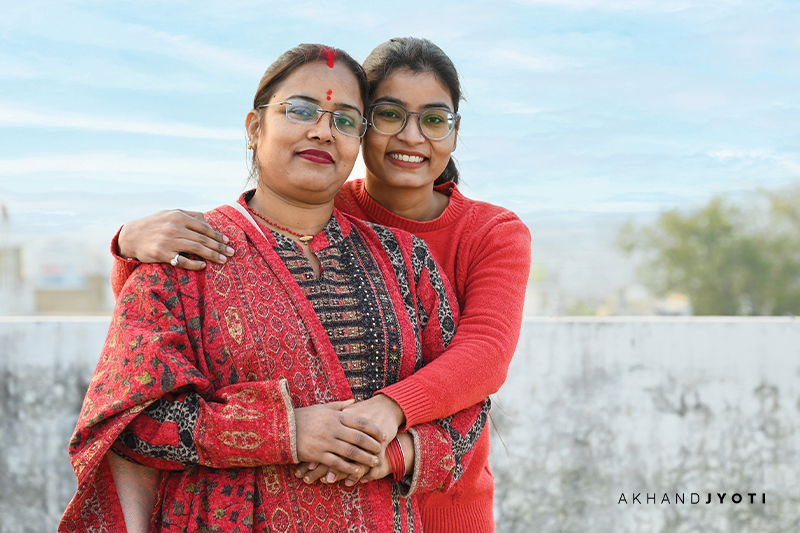
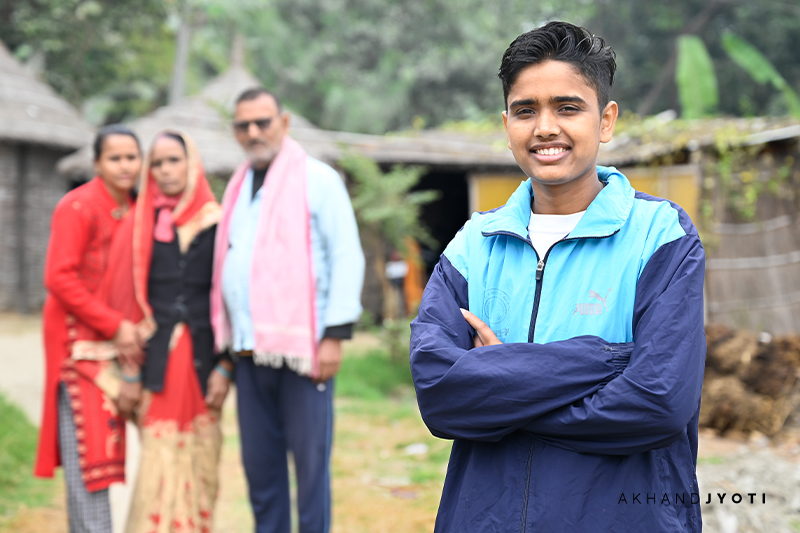
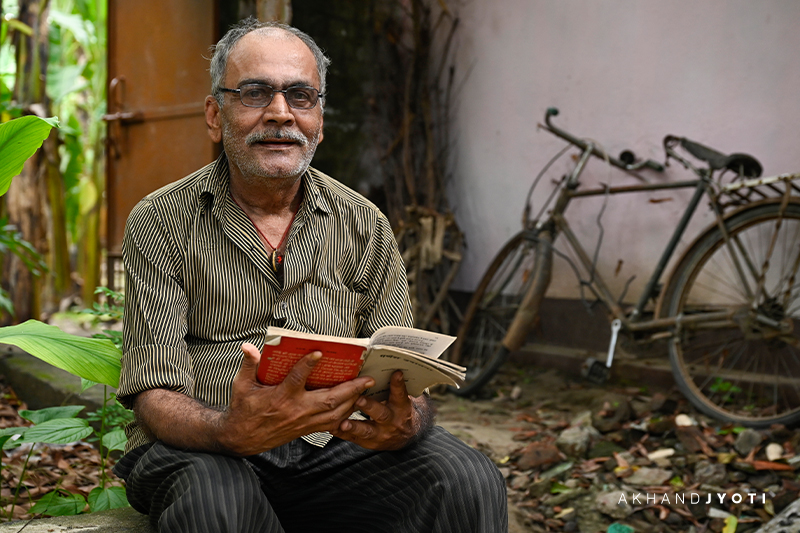
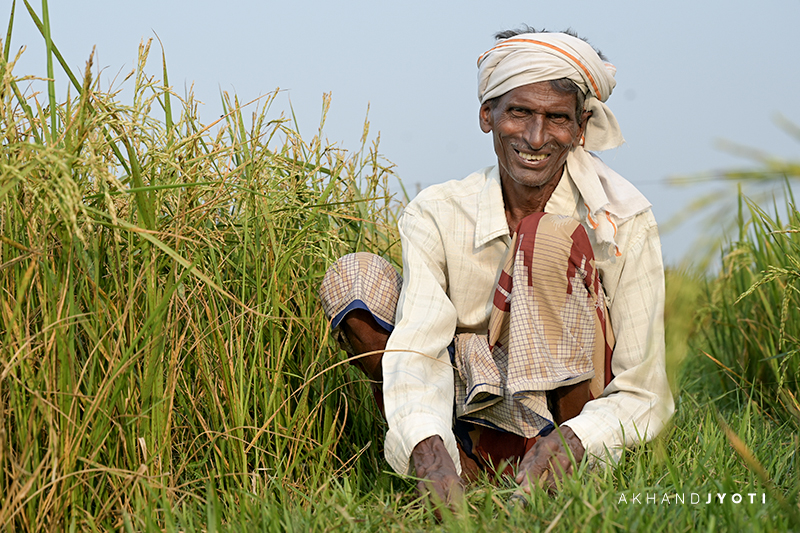
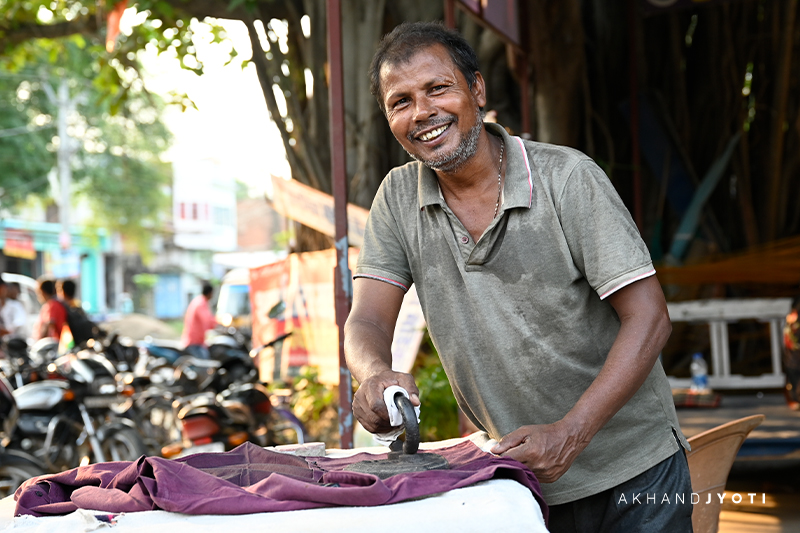
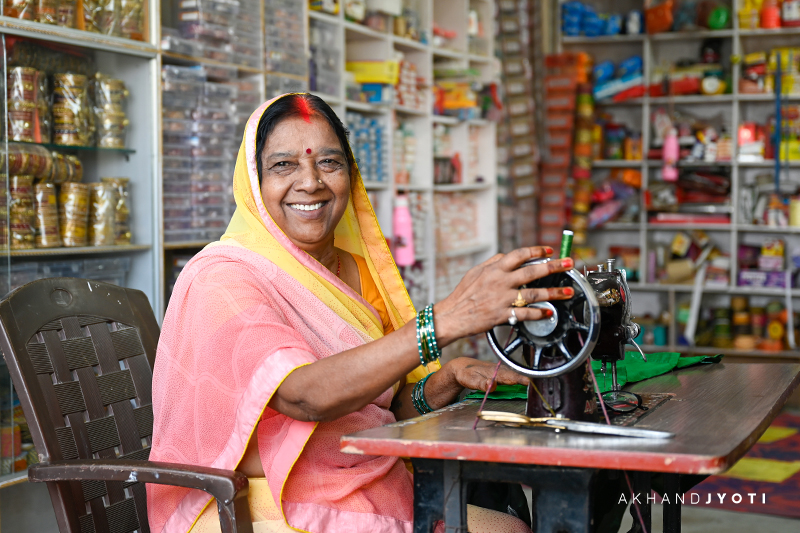
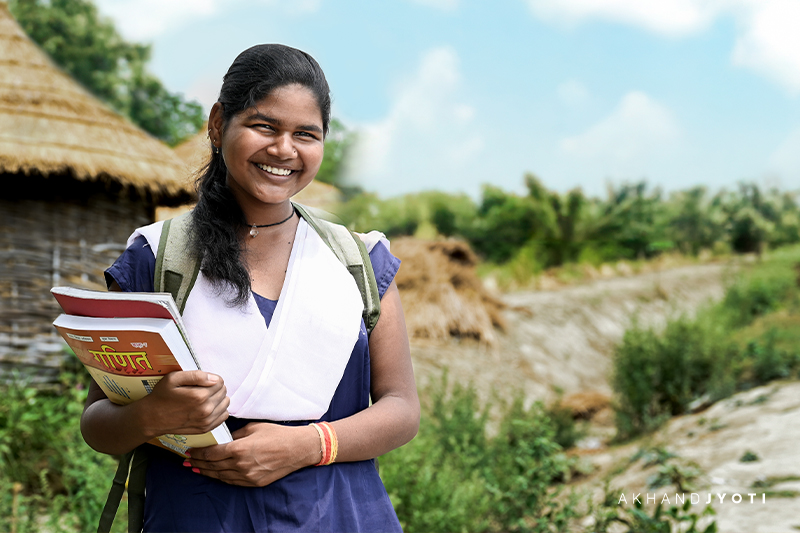
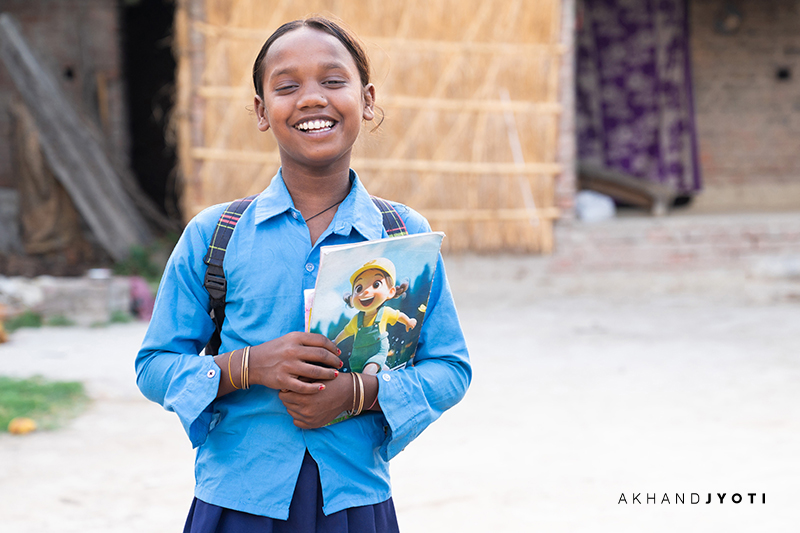
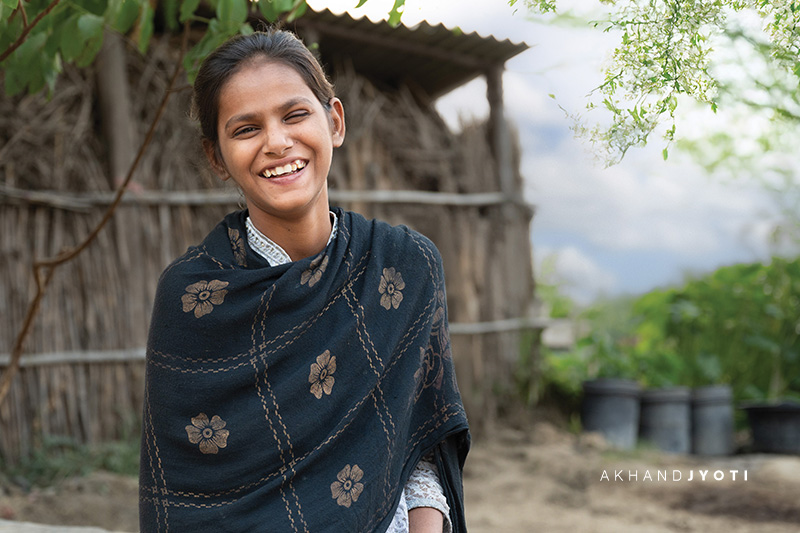
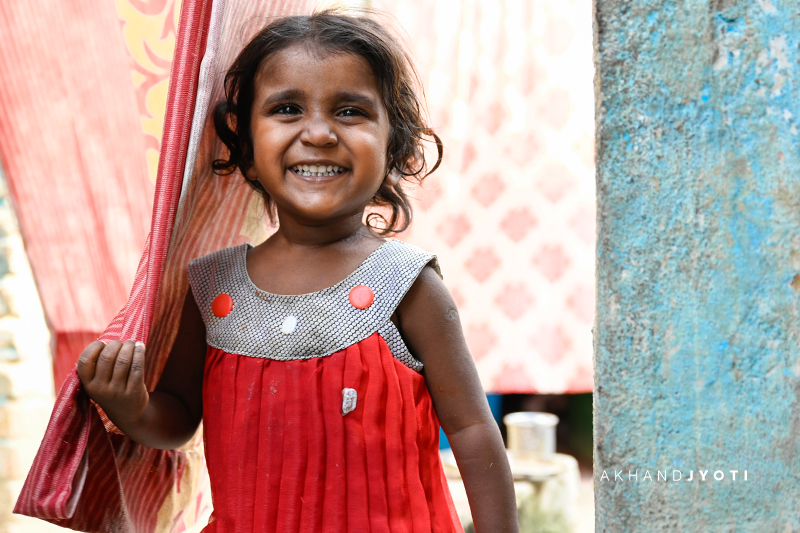
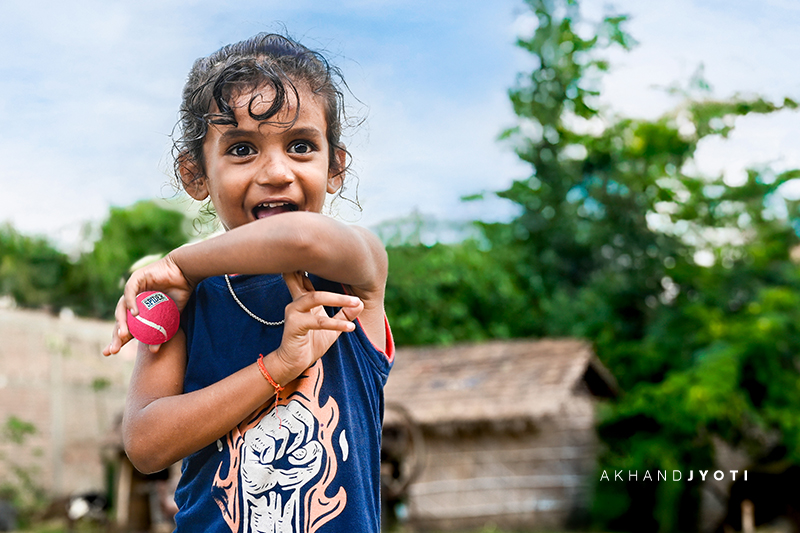
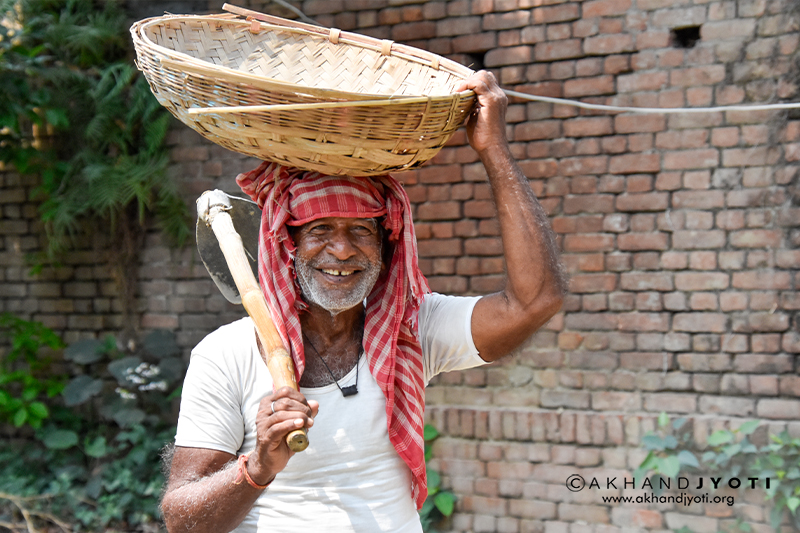
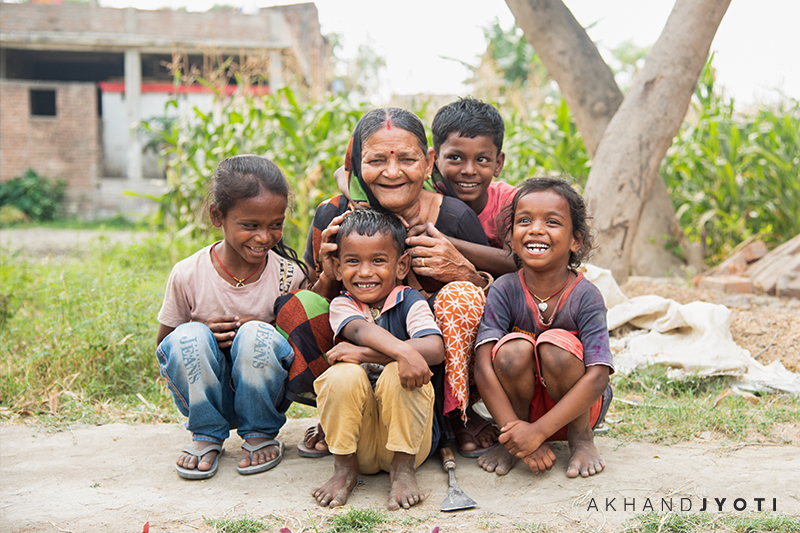
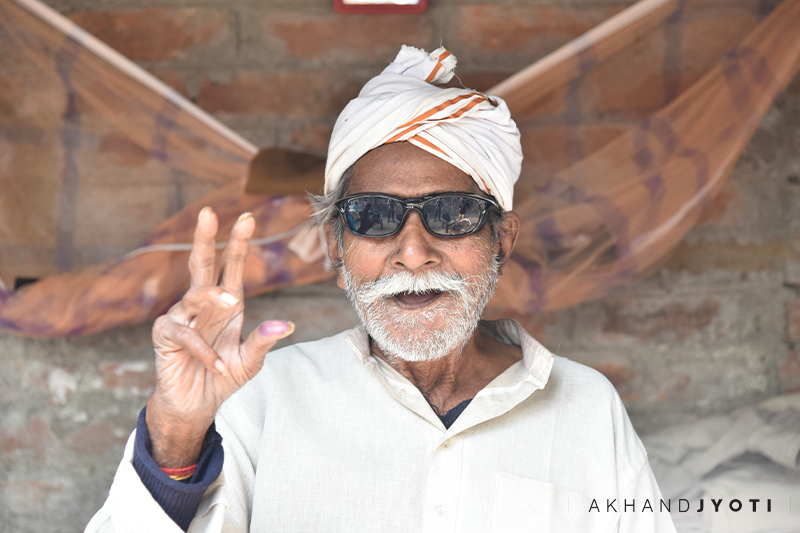
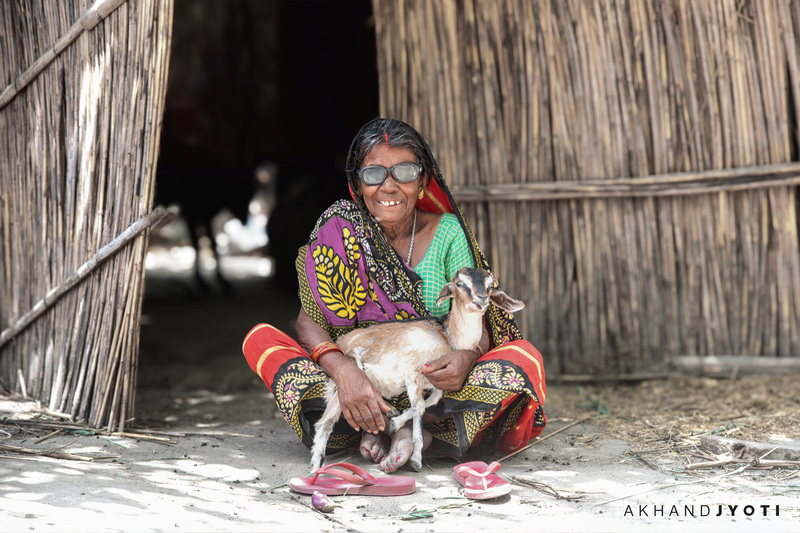
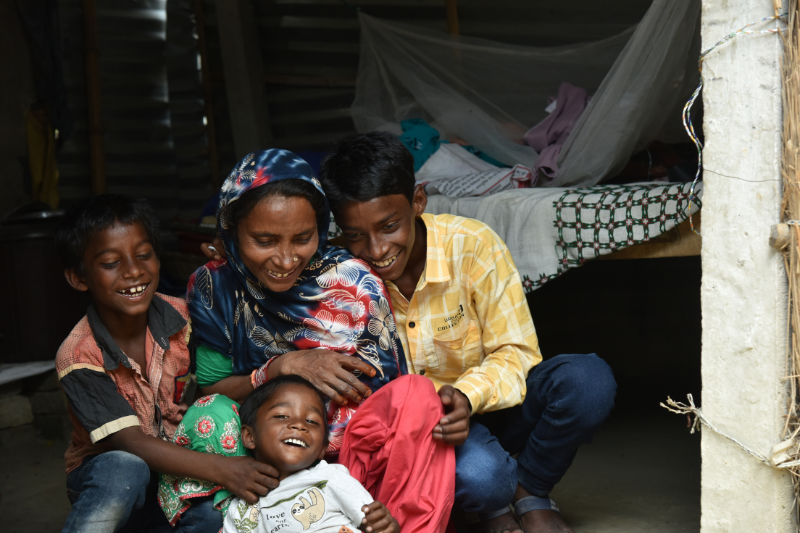
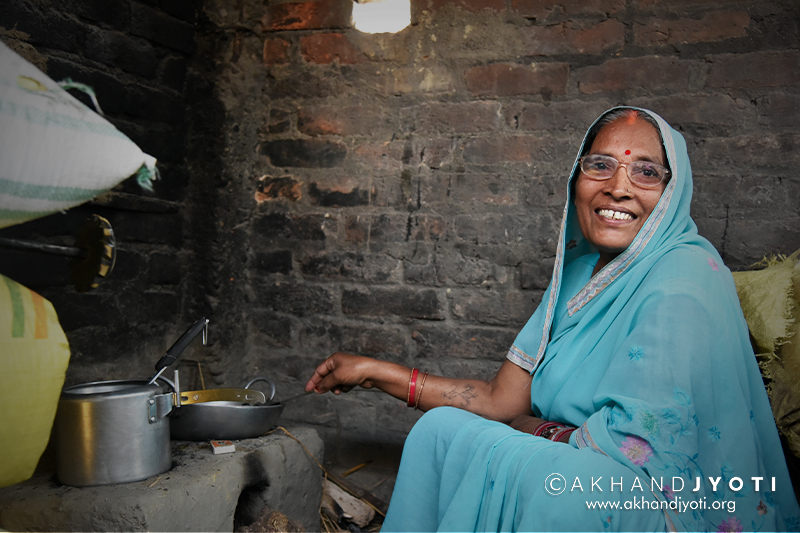
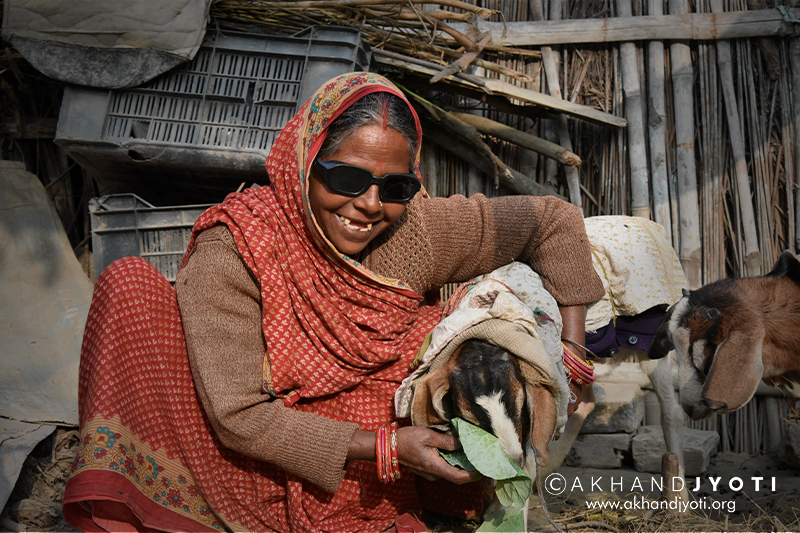
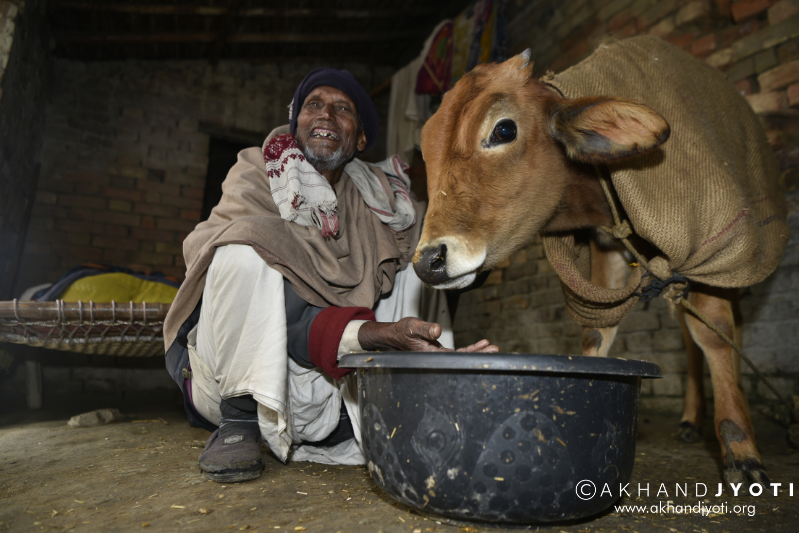
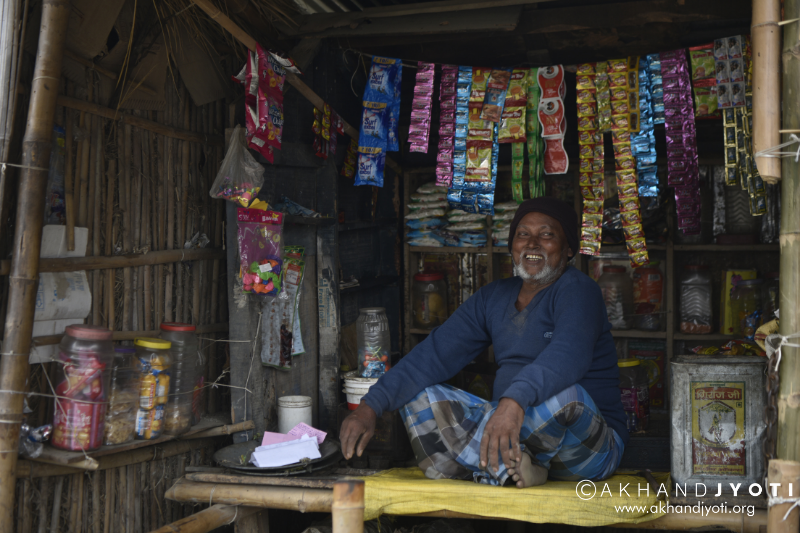
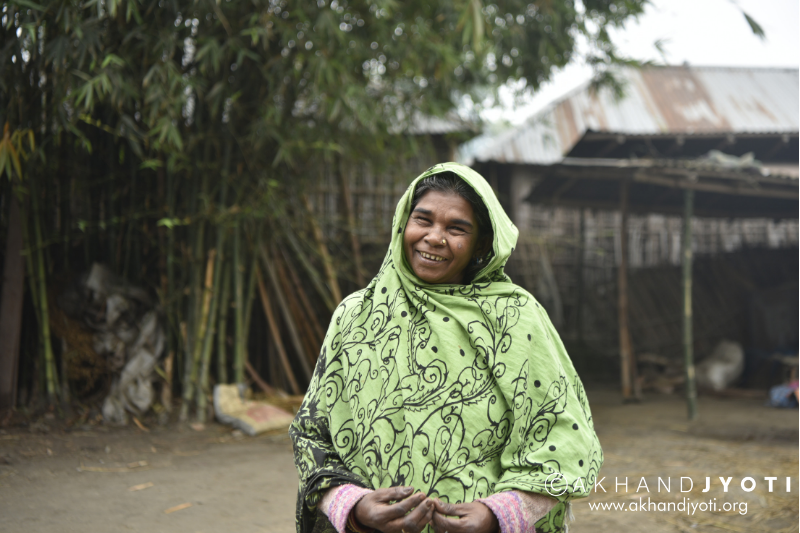
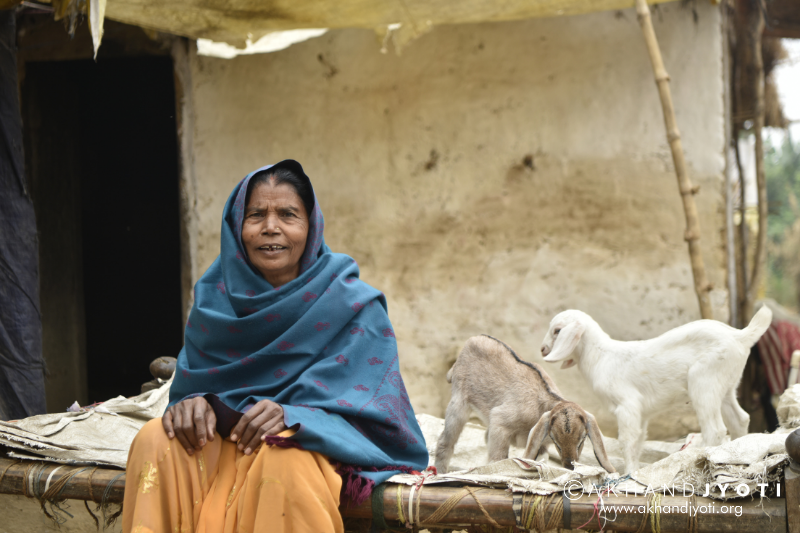
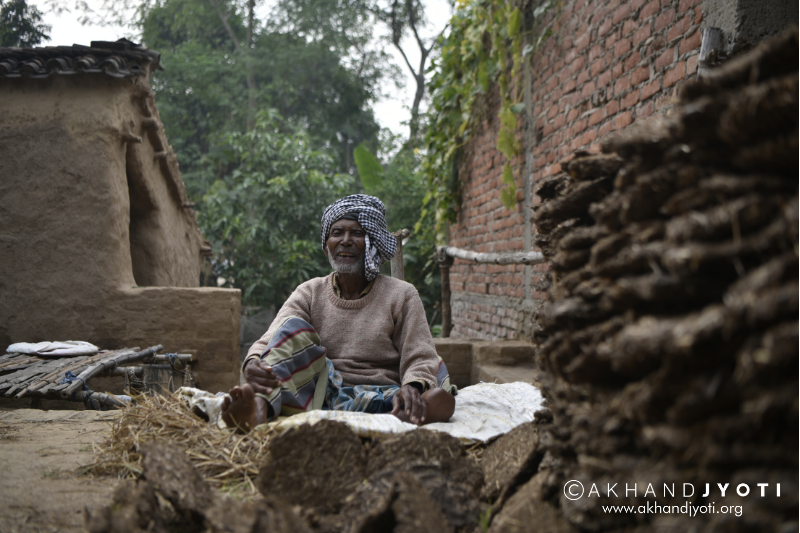
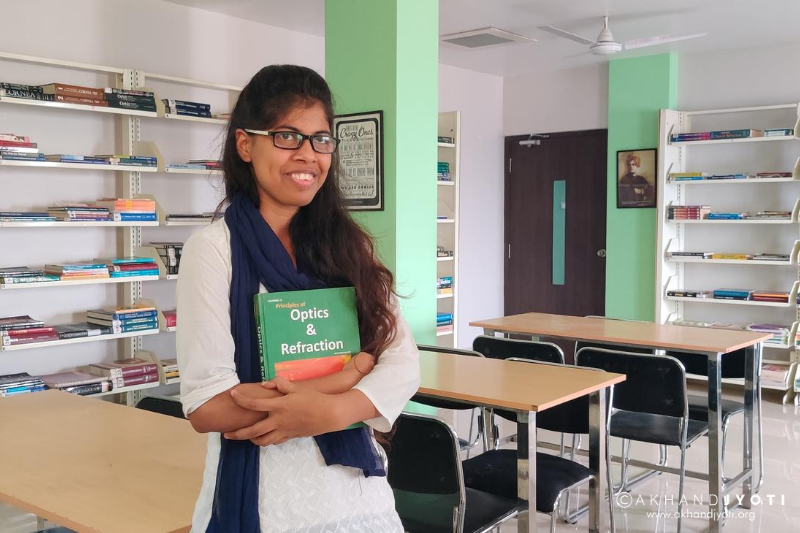
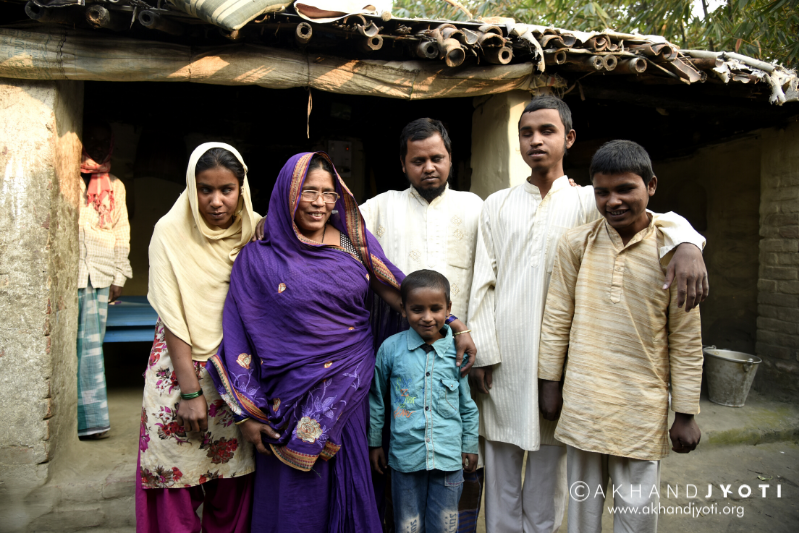
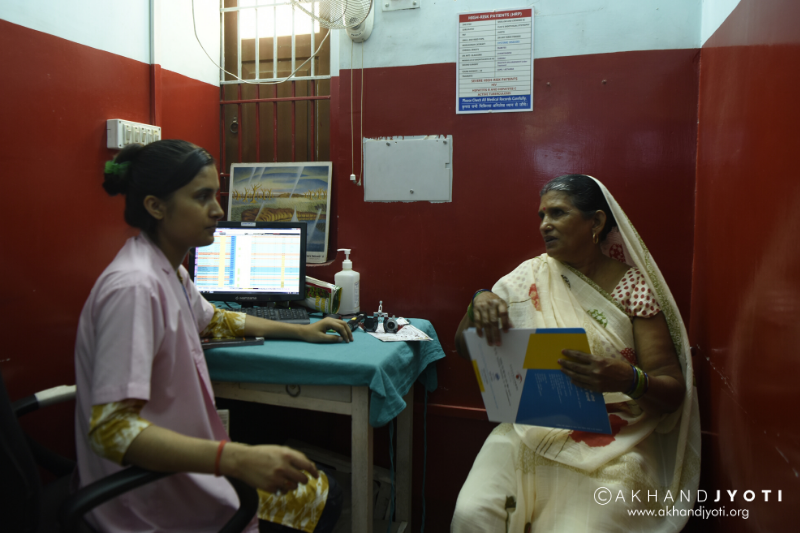
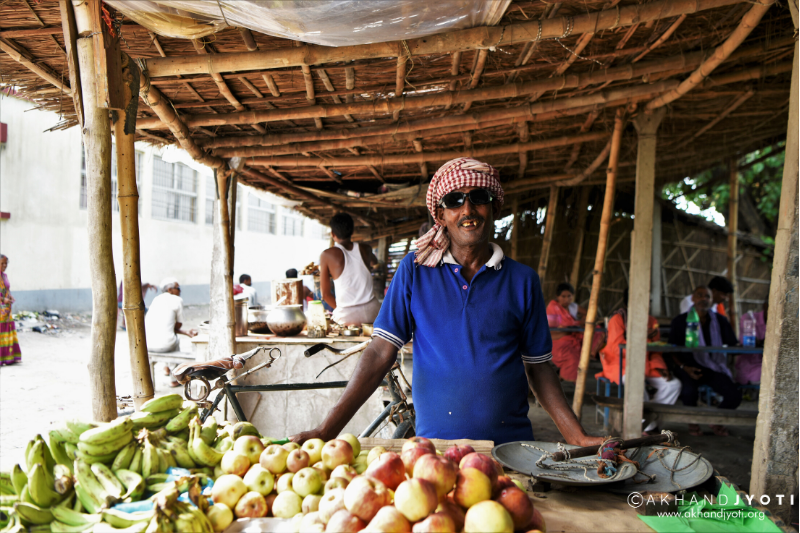
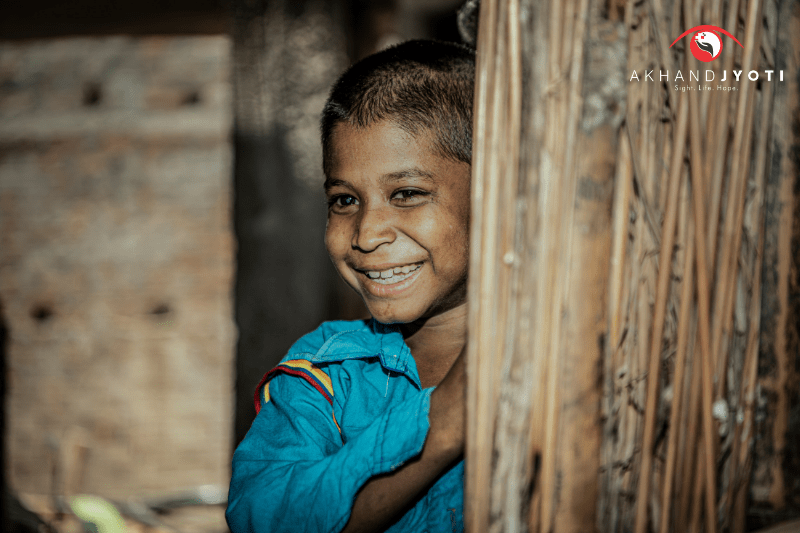
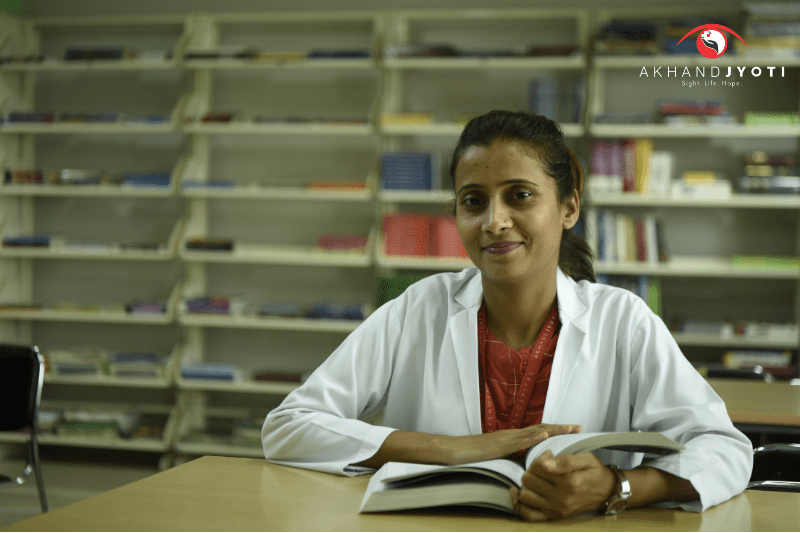
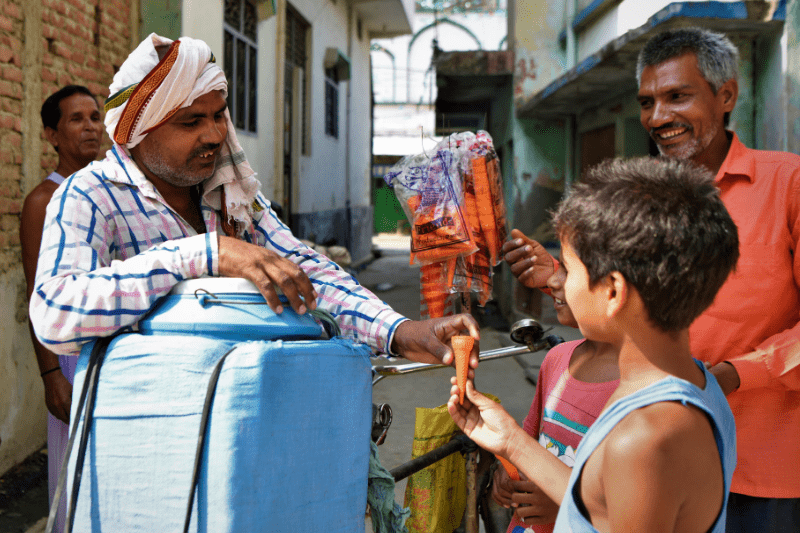
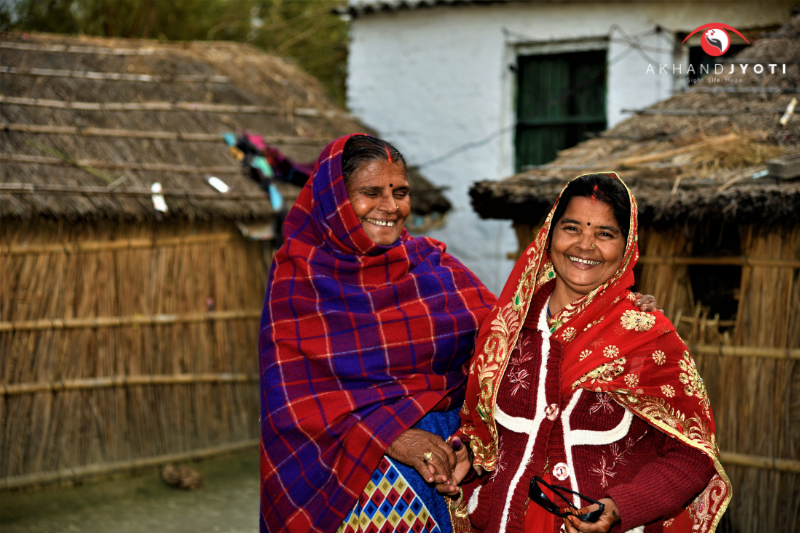
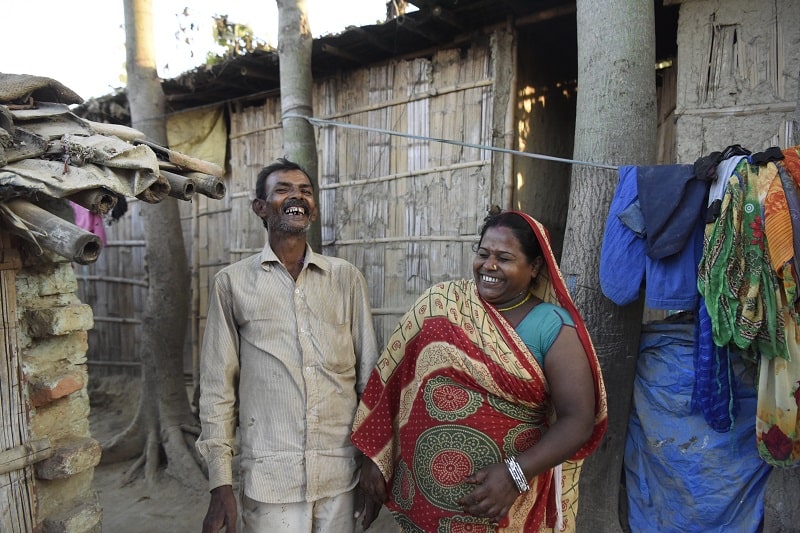
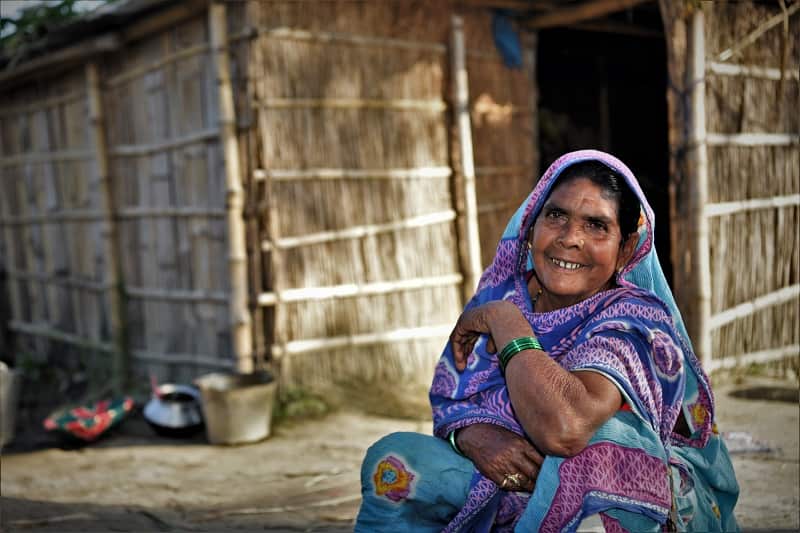
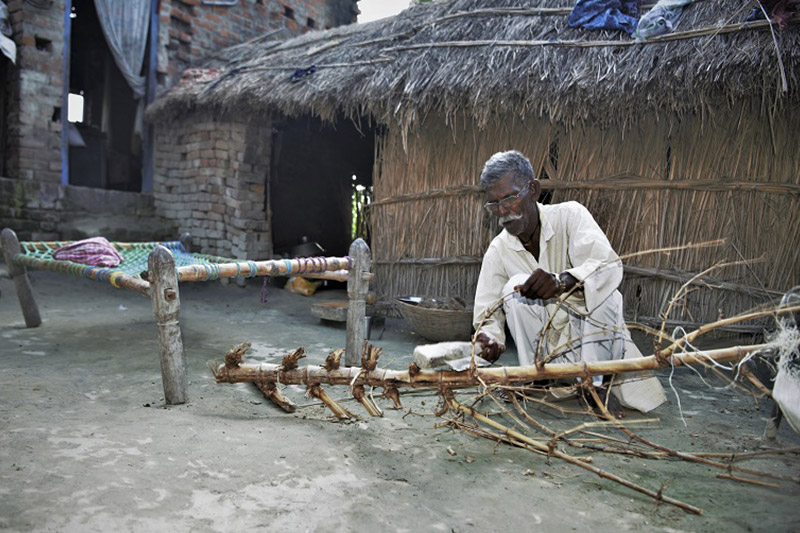
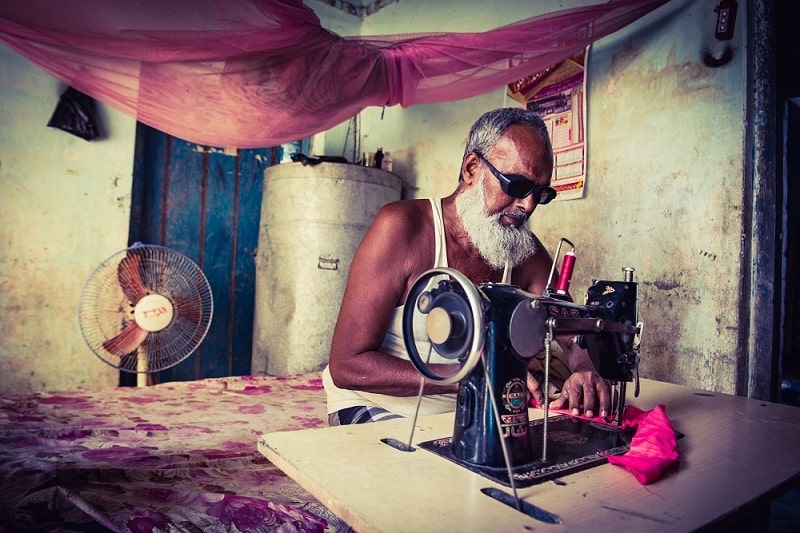
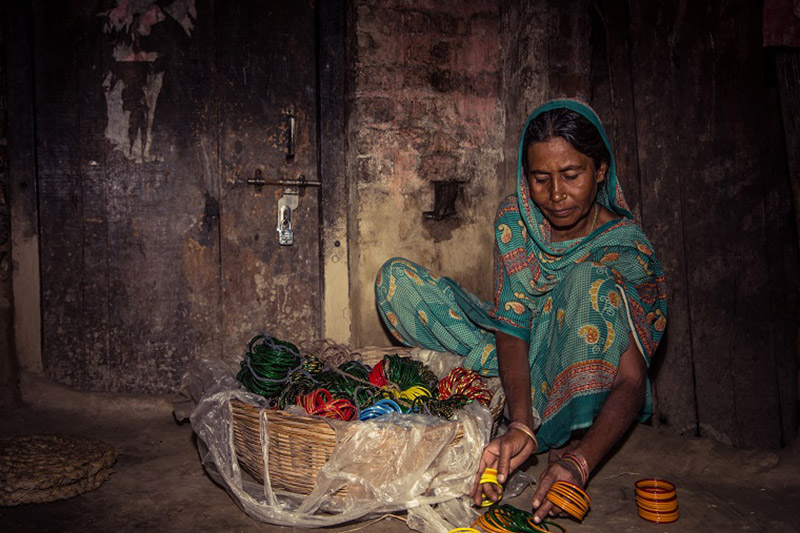
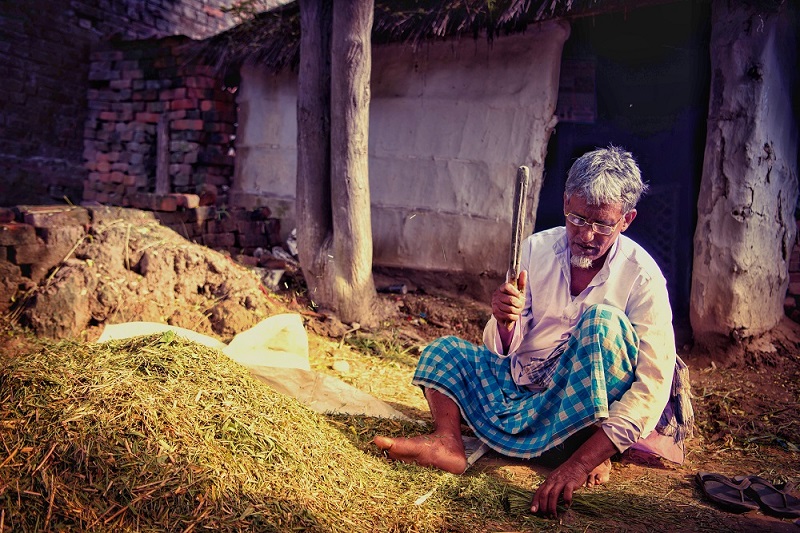
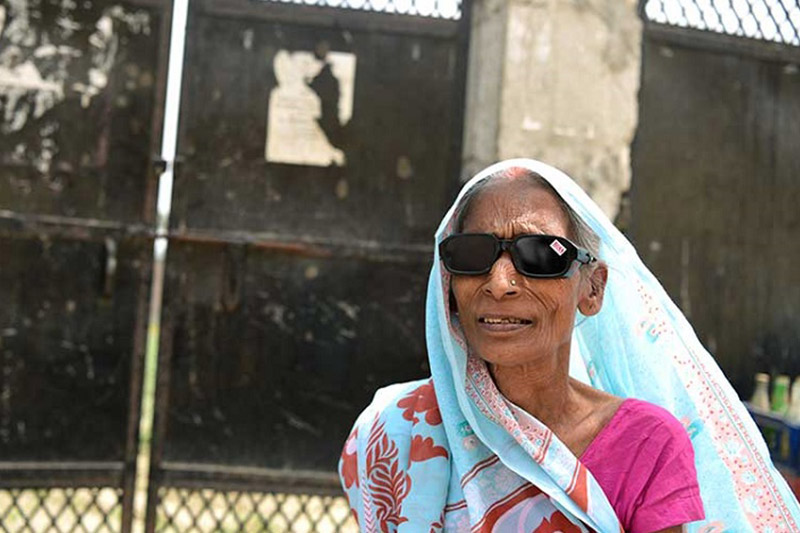

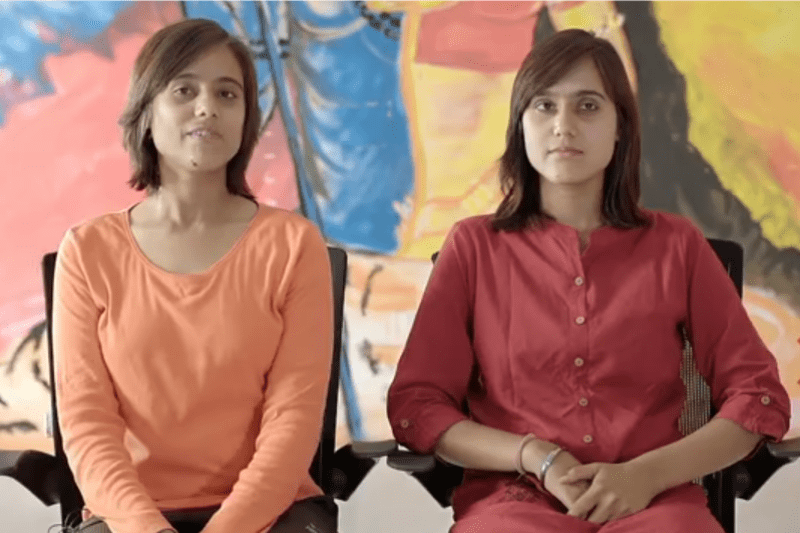

dougcharityvisionnet
13/08/2020
Chhavi
24/08/2020